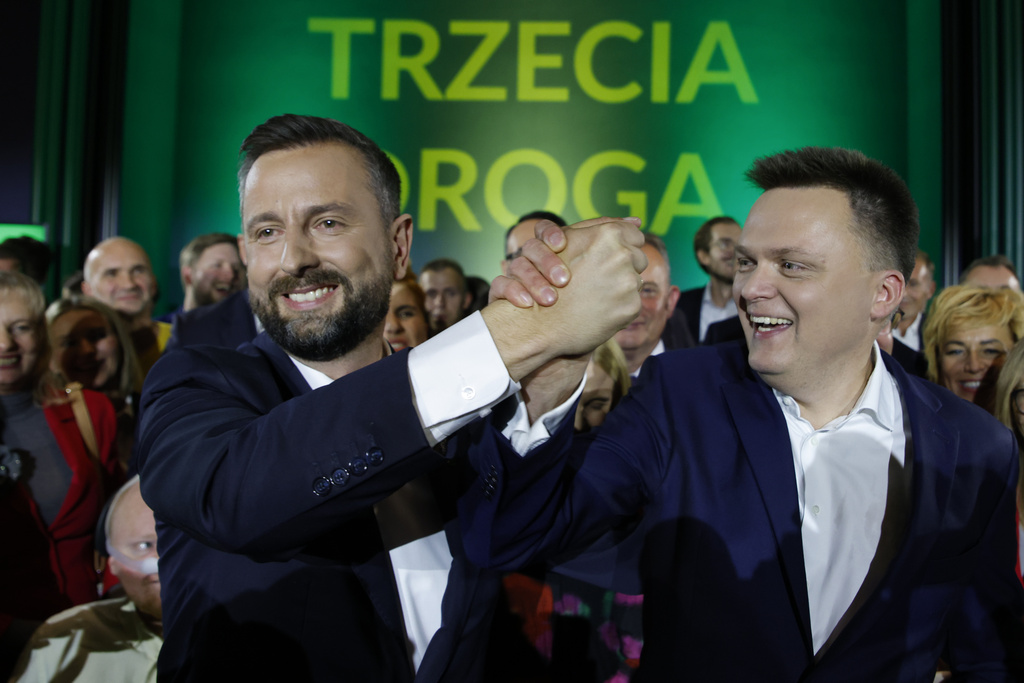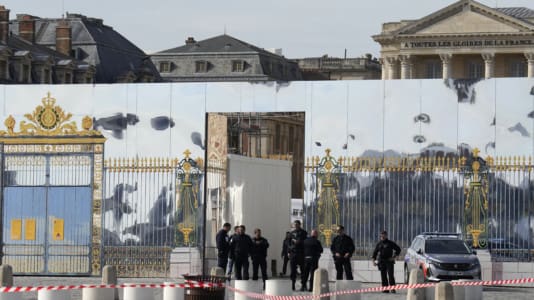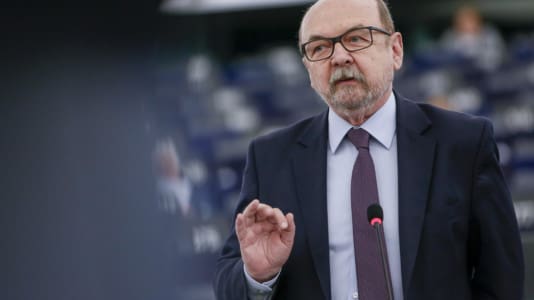For 20 years, the political scene was dominated by alternating governance between two major parties, with one, Civic Platform (PO), occasionally seeking coalition partners like the Polish People’s Party (PSL). These dominant parties, supported by the electorate, had the potential to monopolize power for two consecutive terms.
The level of this monopolization was only restrained by the self-preservation instincts of the party leaders. This era was marked by constant attacks on rival parties and their supporters. To ensure the effectiveness of these attacks, there was a rush to control as many media outlets as possible, ensuring a widespread propagation of their messages.
The polarization of the political scene had its advantages. For two decades, the Polish government remained constant, giving people a sense of political stability, even if they weren’t fully aware of it. The rhetoric of this post-political democracy required the two dominant parties to constantly exaggerate when describing reality. Extreme terms like “traitors,” “thieves,” “murderers,” and “psychopaths” became commonplace. It felt as though Poland, one of the world’s most stable and safe countries, was under siege.
However, this era of post-politics is coming to an end, and with it, the stability the country has grown accustomed to. A glance at the new Sejm reveals this shift. The old system, where deputies came from just five electoral lists, is no longer valid. New times call for new rules.
Certainly, the victorious opposition must form a government, otherwise it will completely discredit itself in the eyes of the voters. Of course, for the first few months of the coming year, they will have to pretend that they want to restore the rule of law and hold the United Right accountable.
However, with each month, this pretense will become more difficult to maintain, because a high-stakes game will begin behind the scenes. The balance of power in the new parliament is such that anyone can play with or against anyone. After all, we have several parties on our political scene. This will mean the end of stability and a shock for the voters who are used to it.
In the Sejm, for example, we have the Confederation, but it comprises nationalists like Krzysztof Bosak and libertarians like Sławomir Mentzen. Apart from shared state funds for their party, they have little in common. Meanwhile, Grzegorz Braun, known for his unpredictable behavior, lurks in the background.
In the United Right, Zbigniew Ziobro’s Sovereign Poland has quietly brought in 18 deputies. They share little with PiS beyond funds and fading hopes of Ziobro eventually taking over from Kaczyński. On the sidelines, the crafty Adam Bielan waits with his three republicans.
The only thing binding the Third Way is electoral success, as the state money goes separately to PSL and Poland 2050. Everything else divides them. There’s speculation about a split between the two parliamentary clubs, with Szymon Hołownia’s deputies potentially being lured away by other factions.
Amidst all these shifts, one thing stands out. Poland has been ruled by Jarosław Kaczyński and Donald Tusk for the last 20 years. But both leaders are aging, and their once loyal party members see it. The composition of the new Sejm has diminished their influence. Both leaders now dominate their party circles, but Kaczyński doesn’t even have control over Ziobro’s Sovereign Poland anymore, while Tusk could face challenges from the likes of Michał Kołodziejczak. Meanwhile, Rafał Trzaskowski remains in the wings, perhaps waiting for the right moment to make his move.
The new era brings with it potential leaders like Bosak, Mentzen, Ziobro, Kosiniak-Kamysz, Hołownia, Trzaskowski and Zandberg. Each has the opportunity to play a significant role in Polish politics for at least two more decades. They have the backing, and there’s a chance they realize that the current Sejm offers them the same opportunity that opened up to Tusk and Kaczyński 20 years ago.
In summary, Poland is witnessing a significant change in its political landscape. The long-standing duopoly is giving way to a more fragmented and diverse political arena. This transformation might lead to a period of adjustment and instability, but it also presents an opportunity for new leaders to emerge and shape the country’s future.






